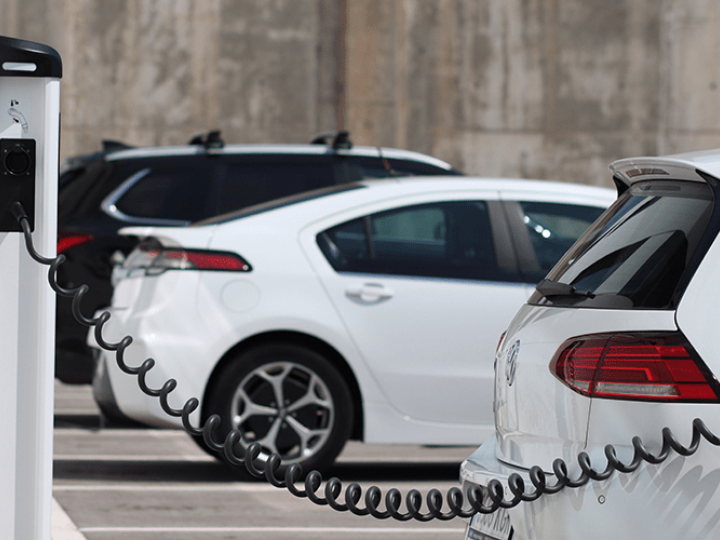by Sean Goulding Carroll
The European Union’s deployment of charging infrastructure for electric vehicles is not quick enough to meet the bloc’s targets, EU auditors said on Tuesday (13 April).
The European Court of Auditors (ECA) looked at how the European Commission supports member states in expanding electrical charging infrastructure as well as how it manages EU funding.
It found that availability of public charging stations varies significantly between member states and that payment systems are not harmonised, forcing drivers to use multiple subscriptions or payment methods to charge their cars if they travel in different EU countries.
“Last year, one in every 10 cars sold in the EU was electrically chargeable, but charging infrastructure is unevenly accessible across the EU,” said Ladislav Balko, the ECA member responsible for the report.
Auditors found that funding provided through the EU’s Connecting Europe Facility, which aims to improve cross-transport infrastructure, was not always used effectively.
The report is additionally critical of the lack of clear and coherent targets for charging point rollout, and the absence of consistent minimum infrastructure requirements at EU level.
The Commission has set a target to have 1 million charging points by 2025 and is aiming to reduce greenhouse gas emissions from transport by 90% from 1990 levels by 2050.
The number of charging points in the 27 EU nations and the UK increased by roughly 36,000 a year from about 34,000 in 2014 to 250,000 in September 2020.
There is a significant risk that the target of 1 million public charging points by 2025 would be missed if deployment continues to follow current trends, the auditors said.
About 150,000 new points would be needed each year – almost 3,000 a week – to close the gap.
Carmakers forecast a sixfold increase in production of electric vehicles in Europe between 2019 and 2025, reaching more than 4 million cars and vans a year, representing more than a fifth of EU car production volumes.
The European Commission, meanwhile, has set a target of at least 30 million zero-emission vehicles by 2030 and a largely zero-emission vehicle fleet by 2050. That compares with roughly two million currently registered in the EU.
Auditors drove more than 2,000km in an electric vehicle between Germany, France, and Italy to test EU co-funded charging infrastructure. Overall, they said their experience was positive and they managed to charge their cars in all the stations.
But their report warned that drivers lack real-time data, such as information on which chargers on their route are faulty or have long queues.
About a quarter of all greenhouse gas emissions in the EU come from transport, predominantly (72%) through road transport.
Environmental campaigners have long called for the EU to scale up the rollout of electric vehicle charging points, encouraging the EU executive to adopt more ambitious deadlines.
The European Automobile Manufacturers Association (ACEA) and the green NGO Transport & Environment wrote a joint letter to the European Commission Tuesday (13 April) pushing for an increase in the number of charging points for heavy-duty vehicles.
The groups argue that 11,000 charging points for electric trucks should be deployed across the EU by 2025, scaling up to 42,000 by 2030.
They also call for 300 hydrogen re-fuelling stations to be installed by 2025, increasing to 1,000 by 2030.
“The future is electric, even for trucks,” said William Todts, executive director at Transport & Environment. “We need to build 10,000 truck charging points in the next four years, in truck depots, logistics hub and along every main highway in Europe.”
*first published in: www.euractiv.com




 By: N. Peter Kramer
By: N. Peter Kramer
